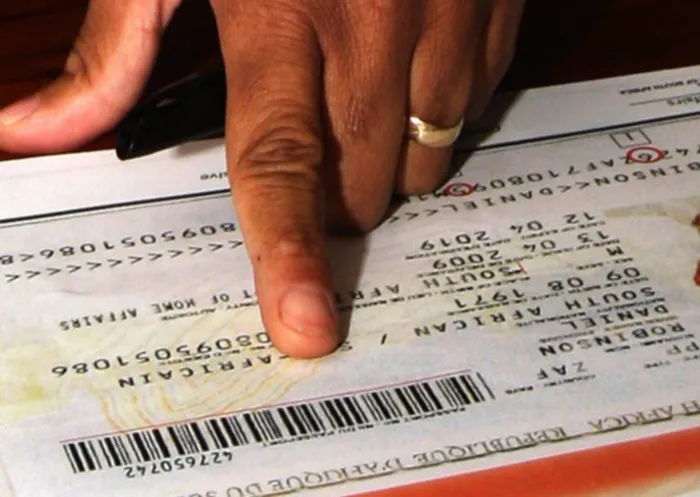Relax visa rules, says EU chief

South Africa began rolling out bio-metric passports in April 2009 and thus travellers in possession of such a passport and a visa to travel to the US would be unaffected. South Africa began rolling out bio-metric passports in April 2009 and thus travellers in possession of such a passport and a visa to travel to the US would be unaffected.
Countries should push through a major liberalisation of their visa regimes in order to attract more tourists from around the world and boost economic growth across the European Union, according to a senior Brussels Commissioner.
“We need a more modern visa policy which can attract the growing middle classes in Russia, China, India and Brazil,” Antonio Tajani, the European Commissioner responsible for tourism, told The Independent in London. “I am at the beginning of this work. It's not easy to change our rules. But it's possible.”
In January, US President Barack Obama overhauled the application system for tourist visas to America in a drive to encourage more visitors from China and Brazil. Mr Tajani said: “Why did Obama change? Because the tourist sector is important for the US. I am in favour of doing some thinking along similar lines in Europe.”
Mr Tajani said that tourism has long been a neglected “cinderella” industry and that it was time for European states to regard the sector as essential for growth, especially in those southern European states which are still suffering in the eurozone sovereign debt crisis.
At the moment, tourists from outside the EU must apply for a visa from the local consulate of an individual member state.
The visa allows a person to stay for a maximum of three months and permits free movement within the 26 nations of the European Schengen area (of which Britain is not a member). In 2010, EU member states issued over 11 million visas. Mr Tajani said that member states' concerns about security and illegal immigration were valid, but that they should not stand in the way of a liberalisation of visa rules and procedures.
“Of course it's important to work for security, but at the same time our economy is very important. As [Vladimir] Putin said at the last meeting of the EU and the Russian Federation, for a terrorist a visa/passport is not a problem. I totally agree with him.” The Russian president has called for Europe to scrap visa requirements for Russian citizens.
The new US visa liberalisation included a 40 per cent increase in visa-processing capacity at US embassies in China and Brazil, in order to speed up the applications, and an expansion of the number of countries covered by the US visa waiver programme.
The liberalisation proposal is likely to encounter resistance because some European governments, under pressure from their populations, are attempting to curb migration flows within Europe and from outside.
At an election rally at the weekend, the French President Nicolas Sarkozy threatened to pull out of Schengen unless the EU does more to keep out illegal immigrants. In Britain, the former immigration minister, Beverley Hughes, resigned in 2004 after allegations that British officials had been instructed to waive checks on visa applications from Romanians and Bulgarians.
Europe is already the number one tourist destination in the world. Last year the European Union enjoyed a six percent increase in international tourist arrivals. Greek tourist numbers were up 14 percent, and 13 percent in Ireland, 11 percent in Portugal and eight percent in Spain.
The direct contribution of travel and tourism to European GDP in 2011 was €508.1bn and the sector supported around 7.3 million jobs, according to the World Travel and Tourism Council. When related sectors are taken into account, tourism accounts for 10 percent of the EU's total output and 12 percent of its labour force, according to the European Commission. - The Independent